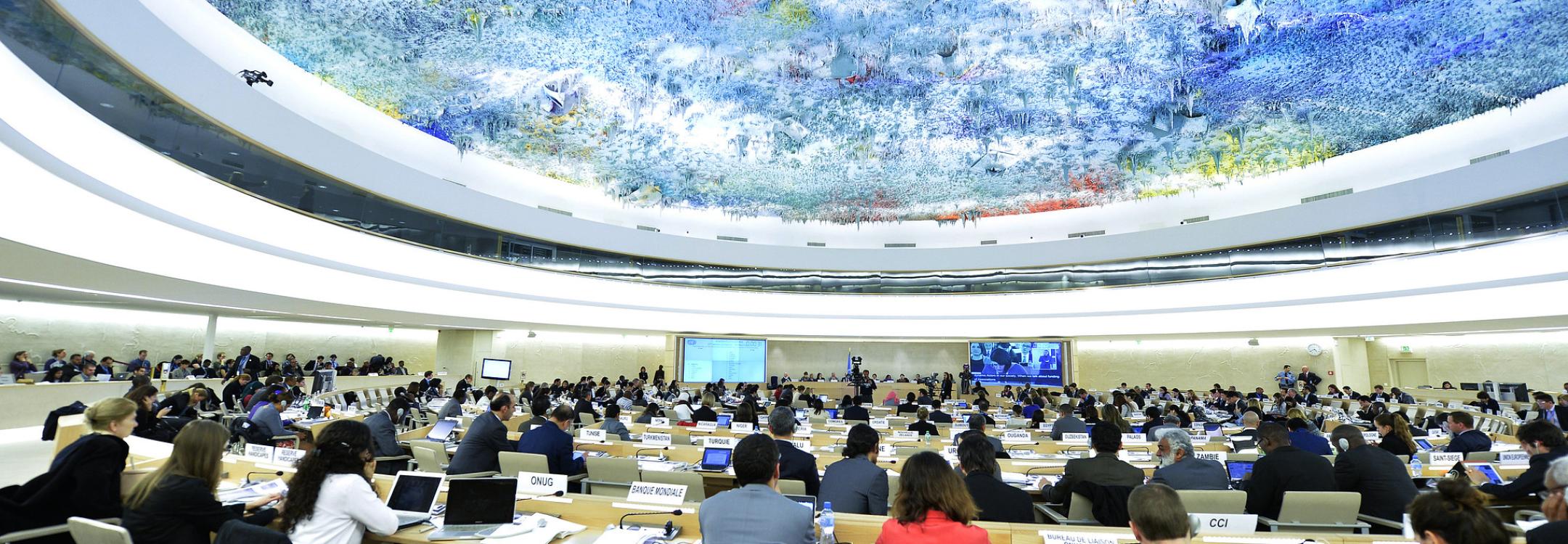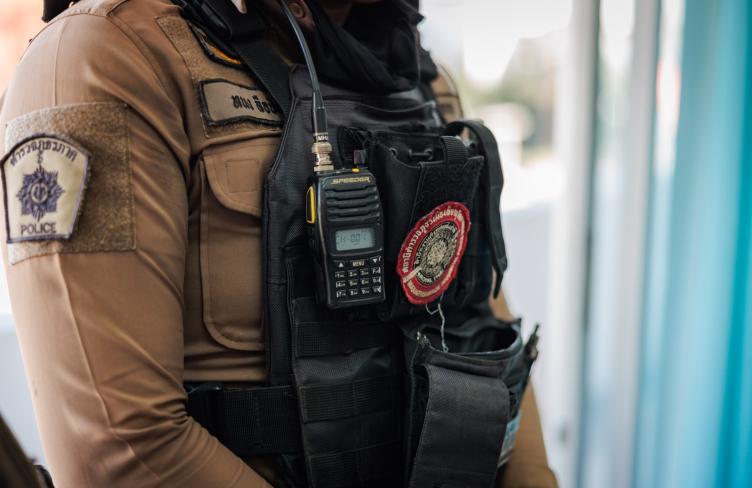
The APT has published an interactive guide to introduce the 20 candidates nominated for election to the UN Subcommittee on Prevention of Torture (SPT).
The election will be held on 22 October to fill 12 of the 25 positions on the UN’s largest human rights treaty body. The list of candidates includes 8 women and 12 men.
“You can use our guide to search by different categories, including gender, areas of expertise and experience with the SPT,” said Audrey Olivier Muralt, APT Deputy Secretary General. “There is also a map to show the geographical representation of the candidates.”
All regions are represented, however, only two candidates have been nominated from Asia and the Pacific. Africa has the highest number of candidates.
In partnership with the Office of the High Commissioner for Human Rights, the APT will host an online event on 7 October where candidates can introduce themselves.
“This will be an opportunity for candidates to describe the strengths they will bring to the SPT, as well for State representatives to ask questions,” Ms Olivier Muralt said.
Candidates for the SPT are nominated by States who are party to the Optional Protocol to the Convention against Torture (OPCAT). Members are elected every two years for a four-year term.
The work of the SPT is complex and demanding, with members required to undertake country visits, which involve visits to different types of places of detention; to interview persons deprived of their liberty; and to provide advice to governments and National Preventive Mechanisms (NPMs) on OPCAT implementation. However, the COVID-19 pandemic is affecting the ability of the SPT to do its work, especially in-country mission and visits to places of detention. This will require creative thinking among SPT members in order to uphold the torture prevention mandate.
SPT members are expected to maintain a constructive dialogue with State authorities and to work constructively with NPMs, civil society and other groups.
“It is important that States closely consider the backgrounds of the candidates to ensure that the SPT is best placed to undertake its important, hands-on work,” Ms Olivier Muralt said.
As part of the election process, the APT prepared a Guidance Note for States to answer commonly asked questions about the SPT. It is based on the APT’s experience in working with the SPT and NPMs over the past decade and included good practices implemented by States around the world.

